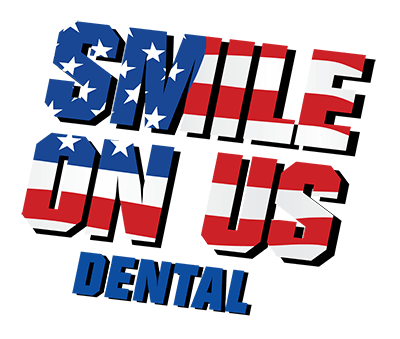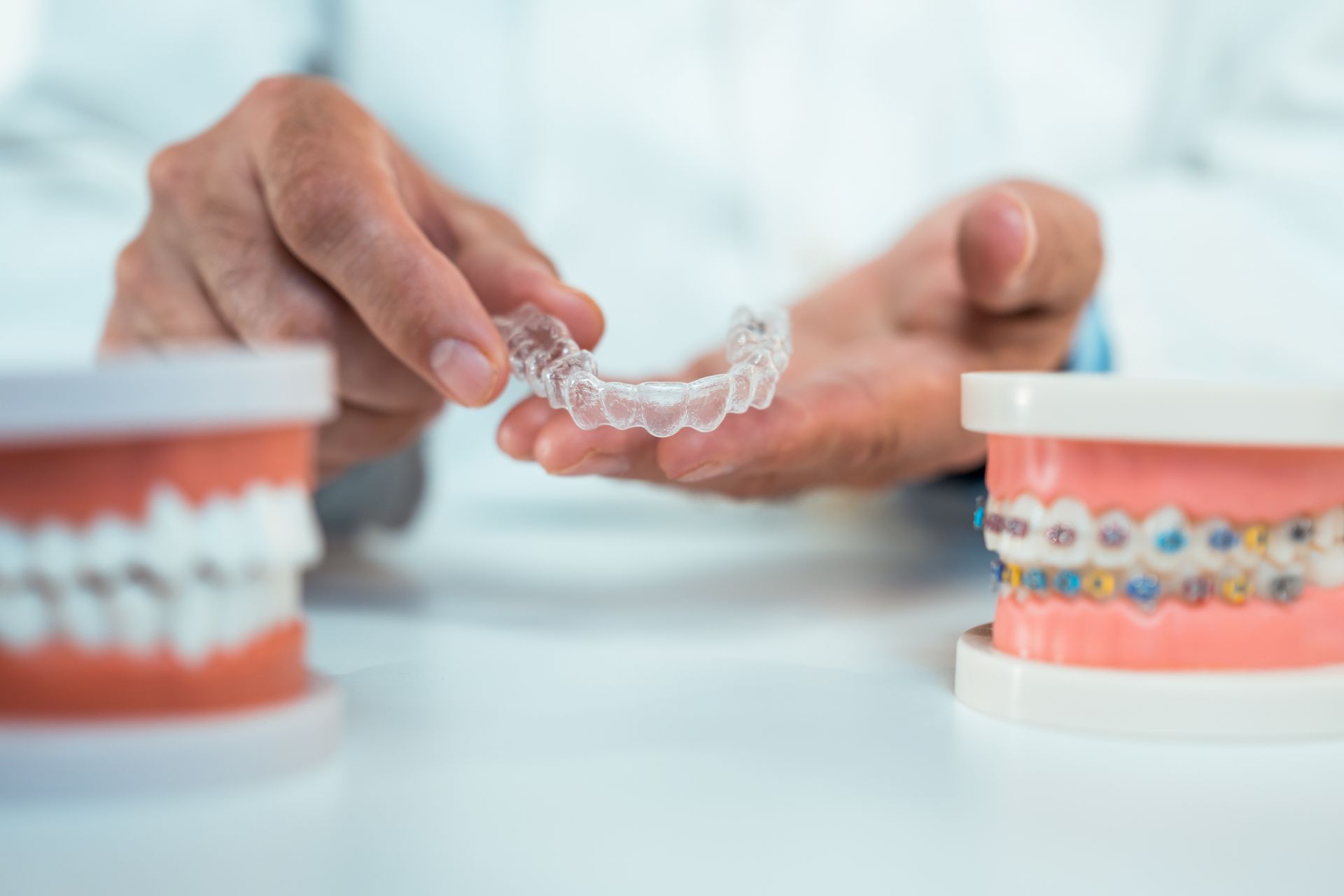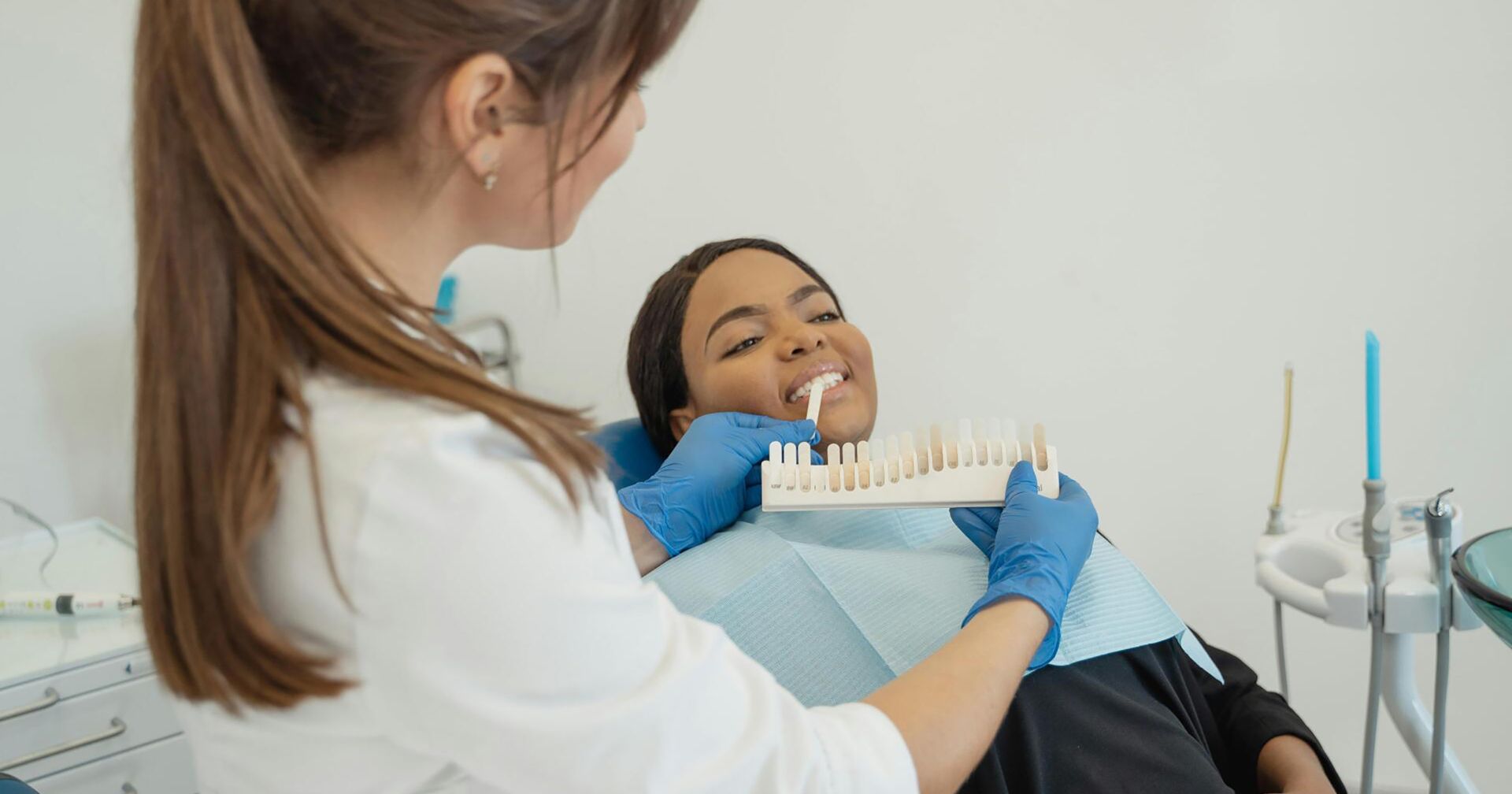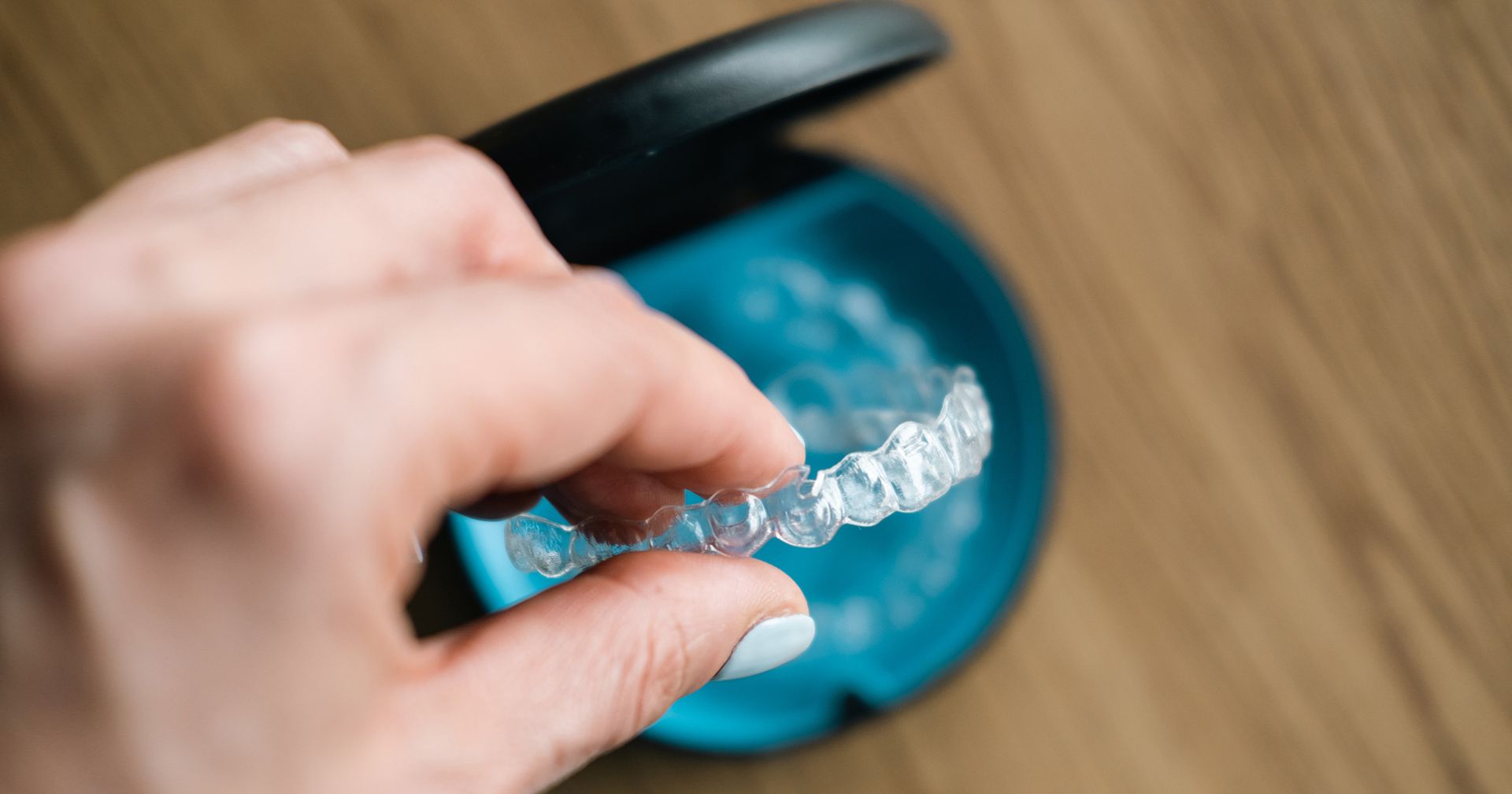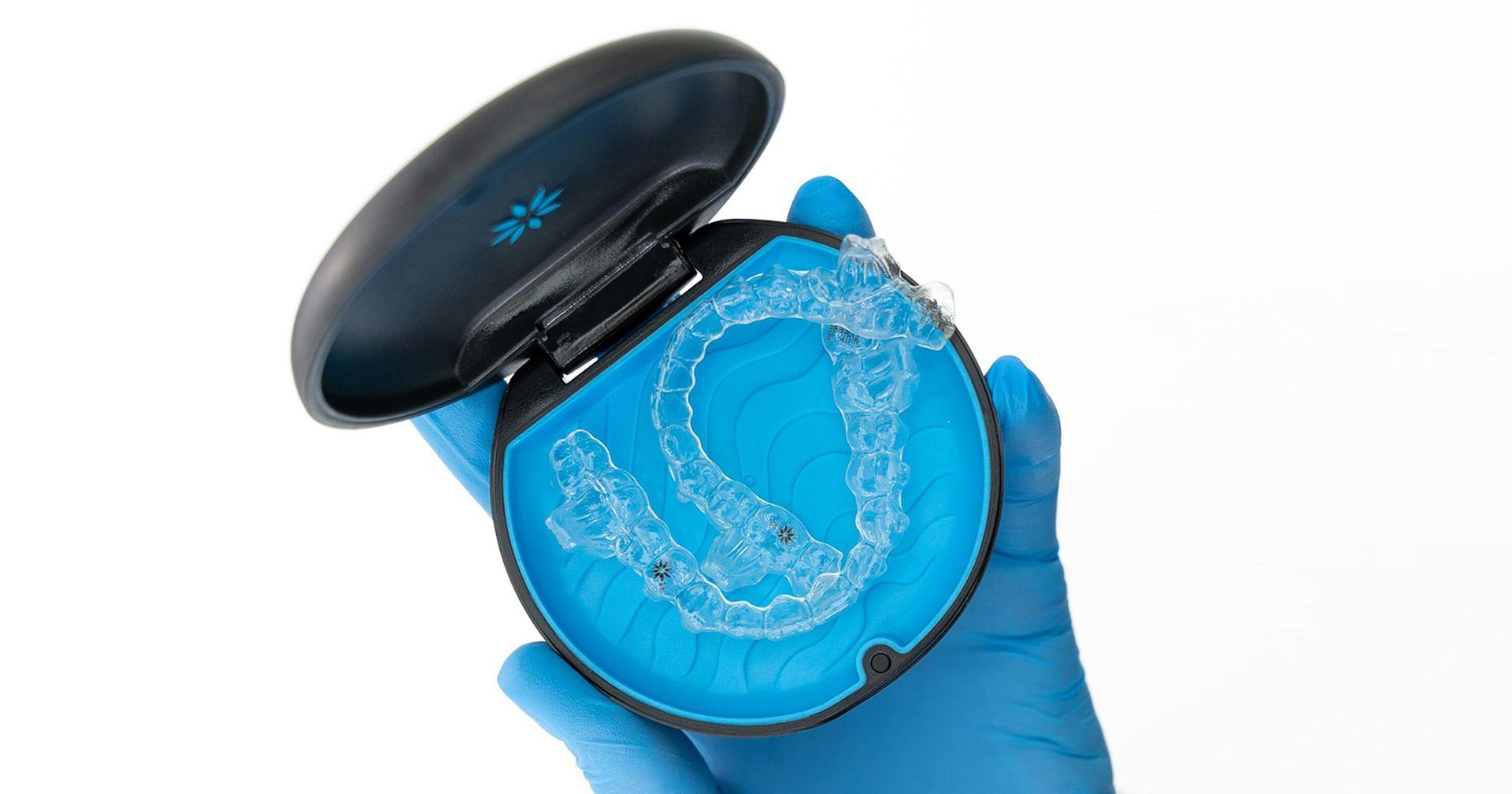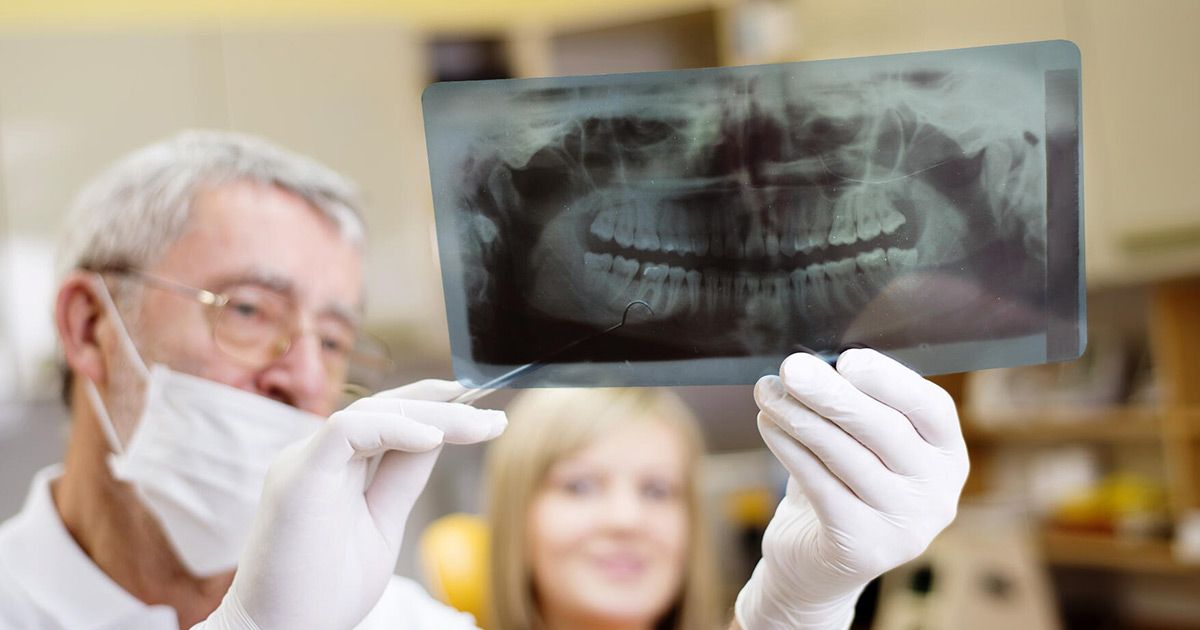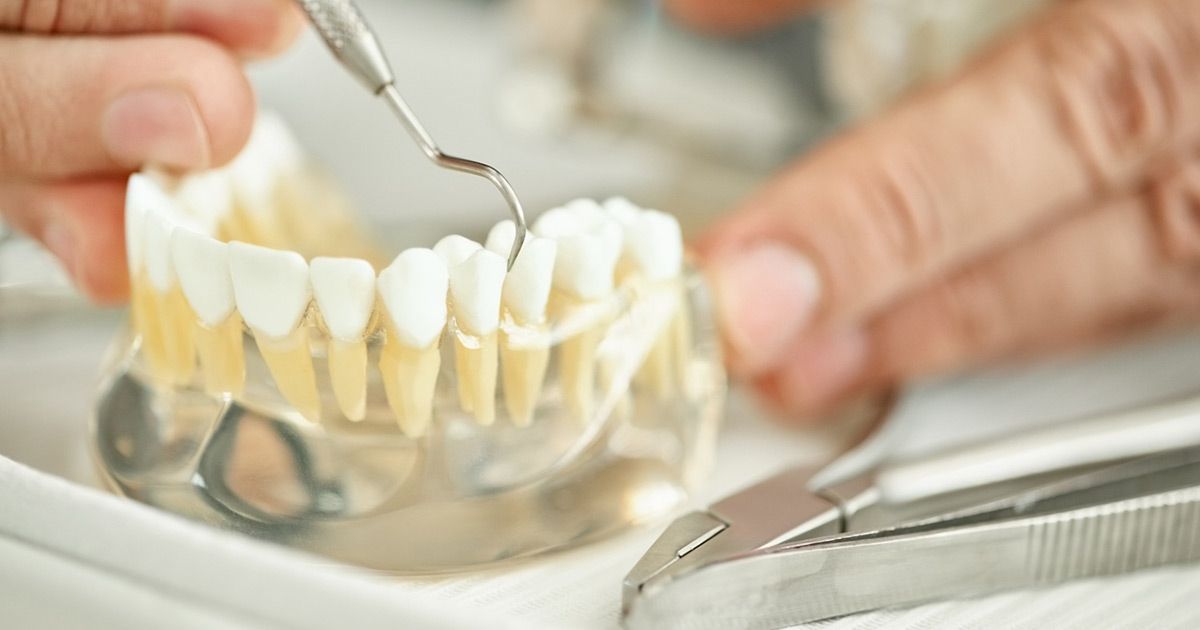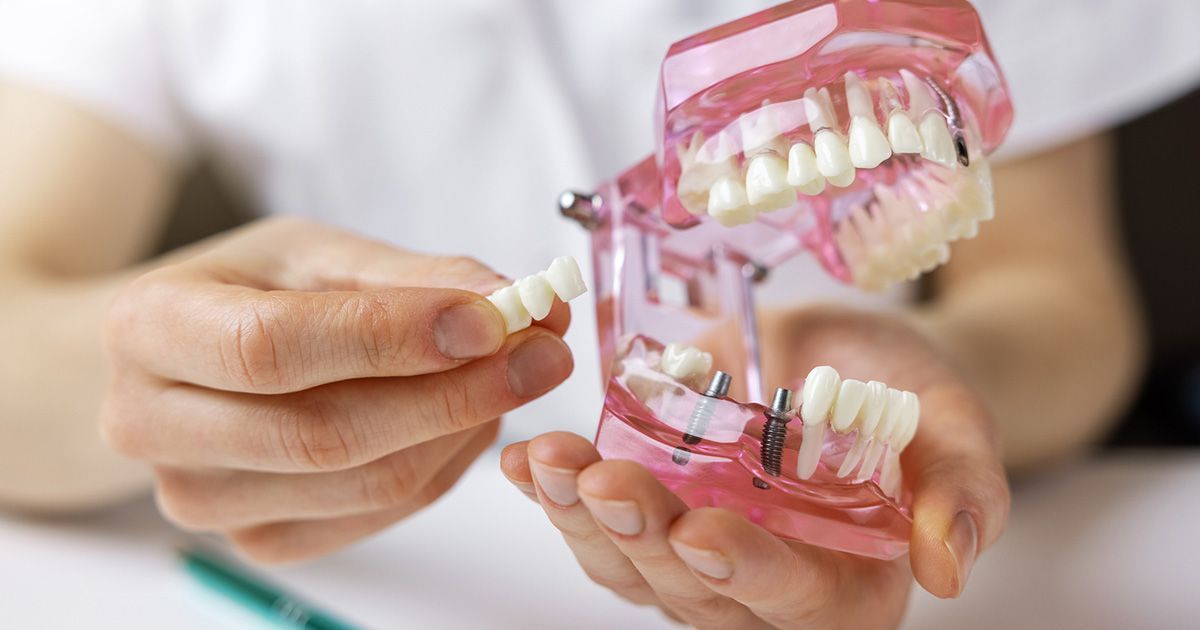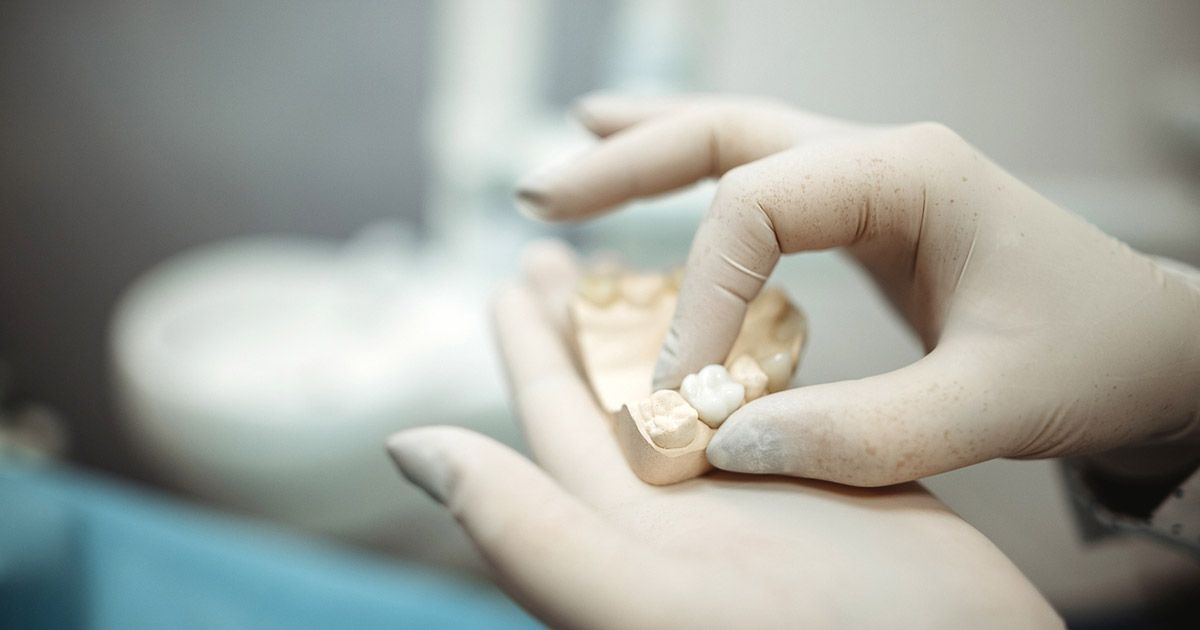A temporomandibular joint (TMJ) disorder may be causing you pain. Learn more with this guide to the diagnosis, symptoms, and treatment of TMJ disorders.
Did you know that as many as 12% of people suffer from TMJ disorder?
This condition of the jaw joint, which can be incredibly painful, is treatable and manageable, with a wide range of available treatments depending on the root cause. In this blog post, we'll go over what TMJ is, some of the signs and symptoms of it, and TMJ treatment.
Read on for valuable information that could help you make TMJ pain a distant memory.
What is TMJ?
You've probably heard the acronym TMJ thrown around in conversation and on the Internet, but do you know what it means or what it stands for?
You may have heard of people saying that "have TMJ," but this phrase is a bit like saying, "I have a temperature," when the individual means they have a fever in that everyone has TMJ. Not only that, but everyone has two of them.
TMJ is an acronym for temporomandibular joint, which is the joint that connects your jaw to your skull. TMJ disorder refers to the issues that cause pain, swelling or "lockjaw" in the joint itself. Dentists are not always able to pinpoint the exact reason an individual has TMJ pain, but they're often able to relieve it with a combination of self-care and dental intervention.
As for TMJ disorder, there is no single definition as to what it is beyond issues with the TMJ joint. The symptoms and causes may be broad and very different from one person to the next.
Symptoms of a TMJ Disorder
There are many different symptoms of a TMJ disorder, and the symptoms can sometimes help a dentist find the root cause. Most people do not experience all of the symptoms of a TMJ disorder, and instead, experience a couple or a few.
Common symptoms of a TMJ disorder include:
- Pain in chewing, especially harder foods
- Jaw popping out of place when the mouth is opened too wide
- Facial pain
- Headaches, especially in the temples
- Pain in the jaw
- Pain in a TMJ joint; this can occur in one or both joints
- Ache or pain in the ears
- Clicking or popping noises when moving the jaw
- In extreme cases: the joint locking and making it difficult or impossible to close the mouth
TMJ symptoms often worsen during stressful times in an individual's life.
Causes and Factors of Developing a TMJ Disorder
There are a variety of causes and factors that come into play with TMJ, and some people are more likely to develop it than others. For some people, there may even be a family history of TMJ disorder, but this is not paramount for a diagnosis, and one may develop TMJ irrespective of their family's dental history.
There are some causes and factors that are more likely for a person to develop TMJ disorder, though they are not exhaustive.
One of the most common causes of developing a TMJ disorder is bruxism or grinding and clenching of the teeth. Bruxism often gets worse at night when the person is not conscious of it, and many find their sleep partners can hear them grind their teeth at night. Additionally, people may unconsciously clench their teeth, either at night or during stressful situations. As you can imagine, bruxism can cause wear and tear on the temporomandibular joint.
Other causes of TMJ disorder include:
- the joint being out of alignment due to an accident or being hit in the head
- erosion or damage of the joint's cartilage due to arthritis
- erosion of the joint's disk, which can move the joint out of place
- connective tissue disorders or diseases that affect the temporomandibular joint
Diagnosing a TMJ Disorder
If you suspect you have a TMJ disorder that needs treatment, make an appointment with your dentist. Once there, they will observe your jaw and its alignment and movement by listening to it and feeling it as you open and close your mouth, pressing on the area to help figure out where it hurts to the most and identifying your jaw's range of motion. If you also have bruxism that has contributed to your TMJ issues, they may observe your teeth to take note of any possible erosion or damage.
Once a dentist suspects you have a TMJ disorder, they may order an X-ray, order an MRI to look at the soft tissue around the jaw and observe damage or order a CT scan to look at all of the bones that make up the jaw's joint.
In some cases, especially if the damage is severe, the dentist may perform or order an arthroscopy. This procedure, usually done under sedation, involves a tiny camera being placed within the joint to observe and assess the damage.
TMJ Treatment
There are many ways to treat TMJ disorders, and a dentist will go over their observations carefully before recommending one for you. As with most long-term issues, they will likely use a conservative approach before utilizing a more invasive approach.
Conservative treatments are typically not stand-alone, and you'll likely be told to do a few of them at a time.
Some of the most common conservative treatments include:
- Icing the joint to reduce inflammation and help with pain
- Using over-the-counter anti-inflammatory medication
- Prescription medication such as muscle relaxants and tricyclic antidepressants, which often work to reduce pain
- Treatment of bruxism, which often includes a mouth guard or splint to separate teeth at night and minimize damage, as well as stress reduction
- Physical therapy including exercises and ultrasound treatments
Minimally Invasive Procedures
There are a variety of minimally invasive procedures that are often done on people who do not find relief from conservative treatment alone.
These include arthrocentesis and injections, like Botox. Botox helps relax the jaw muscles and can help reduce the strain. Arthrocentesis involves an injection that will then help pull out anything in the jaw, such as inflammatory byproducts, which build up over time in chronic inflammation.
Invasive Procedures
For more serious jaw issues, your dentist may refer you elsewhere for more invasive procedures that can help your jaw.
An arthroscopy is keyhole surgery in your jaw to help the oral surgeon not only see into the joint but to fix any issues surgically.
A modified condylotomy is surgery that is not on the TMJ itself, but the nearby mandible. Although this surgery is not directly on the joint, for some people, this helps clear up issues related to TMJ disorders.
Open-joint surgery involves complete repair or replacing of the joint.
Make an Appointment Today
Are you concerned about your jaw, or do you think you need treatment for a TMJ disorder? If so,
contact us at
Smile on Us Dental in Hollywood, FL. With years of experience in TMJ services, we're confident we can help treat your TMJ disorder effectively and for good.
